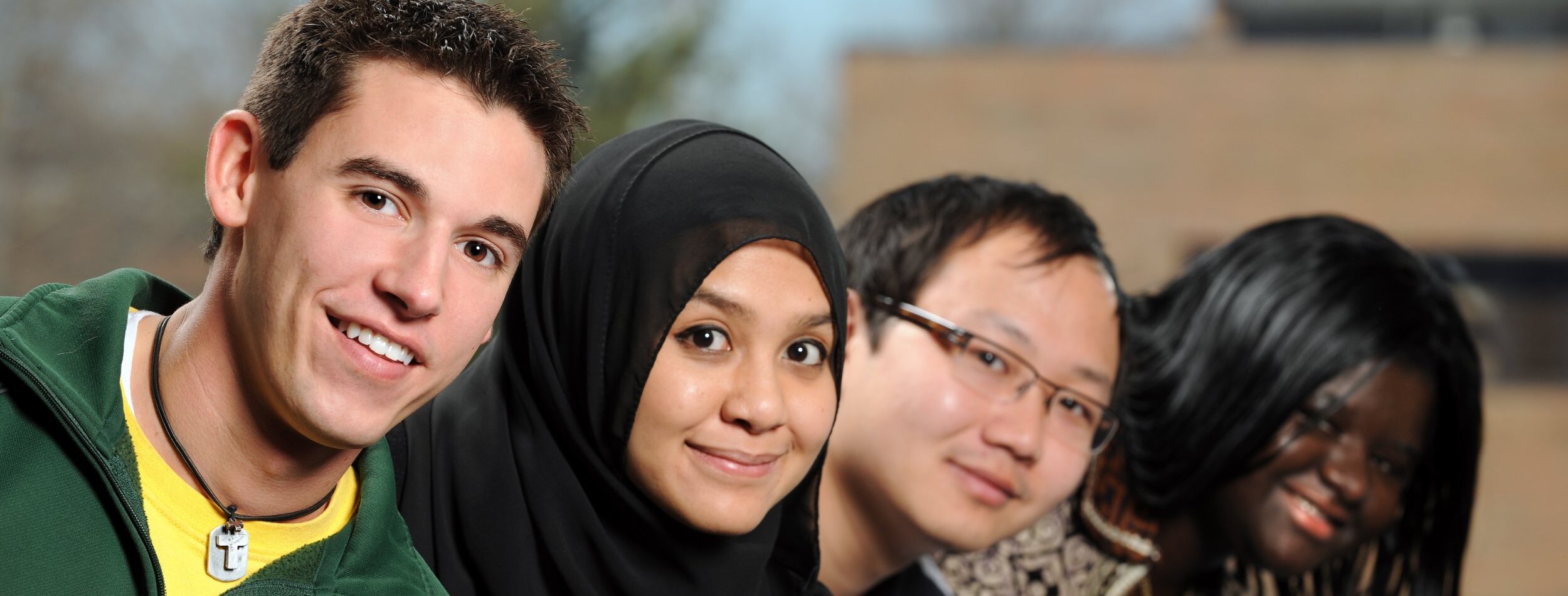Ethnic Groups in Spain

Spain has evolved as a nation with diverse ethnicities that have been living in the Iberian Peninsula since the ancient period. Modern Spain has other ethnic groups than those that existed in the Iberian Peninsula, due to the immigrants from countries in Asia, Middle East, Europe, and Africa. The ethnic groups in Spain that have lived in Spain since ancient times include:
- Aragoneses
- Andalusians
- Asturians
- Basques
- Canary Islanders
- Castilians
- Catalans
- Cantabrians
- Extremadurans
- Galicians
- Gypsies
Out of these the following are the largest ethnic groups in Spain: Castilians, Catalans, Basques, Galicians, and Valencians.
Castilians
The Kingdom of Castile and that of Aragon in the Iberian Peninsula were combined to form contemporary Spain. The Castilians ethnic group in Spain is a descendant of the Kingdom of Castile. After the formation of the Kingdom of Spain, Castilians were one of the ethnic groups in Spain who dominated because of their wide presence throughout the state.
The Castilians´ culture, as well as their language, has influenced the Spanish culture to such an effect that today foreign nationals consider the Castilian language as Spanish. The Castilian language has been given official status by the Spanish constitution. The Castilian ethnic group in Spain mainly follows the Roman Catholic faith.
Catalans
The Catalans represent the provinces in the north-eastern region of Spain. The provinces which have a concentrated population of Catalans include Barcelona, Tarragona, Lerida, and Gerona. These provinces together form the autonomous community of Spain called Catalonia, which has Barcelona as its capital. As Catalonia is located close to France, there are several Catalans found in France.
The Catalans generally speak the Catalan dialect or Valencian dialect, which is a variant of Catalan. The Catalan language is one of the official languages of Spain and is also spoken by the Catalans in France. There are Catalans who also communicate in Spanish and French.
The religion followed by the majority of Catalans is Catholicism, while some also practice Atheism and Agnosticism. A few of the important aspects of the Catalan tradition include the competitions of building human towers called Castell and the Sardana dance.
Basques
The Basque ethnic group in Spain has existed for several thousand years in a region that is now part of contemporary Southern France and Northern Spain. They are considered to be one of the oldest ethnic groups in Europe. The Basques in Spain today are concentrated in the autonomous community of Basque Country and the province of Navarre.
Over two million Basques people are living in modern Spain. The Basques ethnic group in Spain follows the religion of Roman Catholicism. The Basques have been associated with the agricultural industry. This is the reason why this ethnic group in Spain is found serving in the ranches, fishing industry, or goat farms.
You can support our content creation by purchasing our Spanish translation services:
Free Quote
sales@thetranslationcompany.com
800.725.6498
Get a Quote Today!
Galicians
Galicians call the northwest of the Iberian Peninsula home with nearly 3 million Galicians living there. Galicians are descended from the second wave of Celtic invaders into Spain from the British Isles and also western Europe who came in about 400 BC across the Pyrenees mountains.
The Romans defeated the local Celtic tribe in the second century BC, giving the Galicians their name, which derived from the Latin word Gallaeci. Galicians are known for their love of food, especially seafood and fish as well as their boatmaking skills. Galician remains dominated by rural, countryside, and village society and lifestyle where the Galician language and culture still thrives today.
Valencians
Strictly speaking, Valencians are people who reside in the Valencian community but there is so much more to Valencians than just where they live. The Valencian language is officially a variant of Catalan which is described as a distinct and different dialect, but there is a disagreement within Valencia about its status as many feel it is a language in its own right.
During the 13th Century, Catalonia drove Muslims from Valencia, and the birth of Valencian took place at this point though it is unclear if the language came from Arabic scripts of Latin or if it predated their rule back to an old version of Occitan.
Either way, the language is still spoken and taught in schools today and is prevalent in towns along the coast. Valencian people now work mainly in the tourist sectors, warmly catering to travelers to the region but it is also home to the paella, vibrant festivals, and stunning art.
Spanish Dialects
Learn more about the different Spanish varieties spoken in different countries
